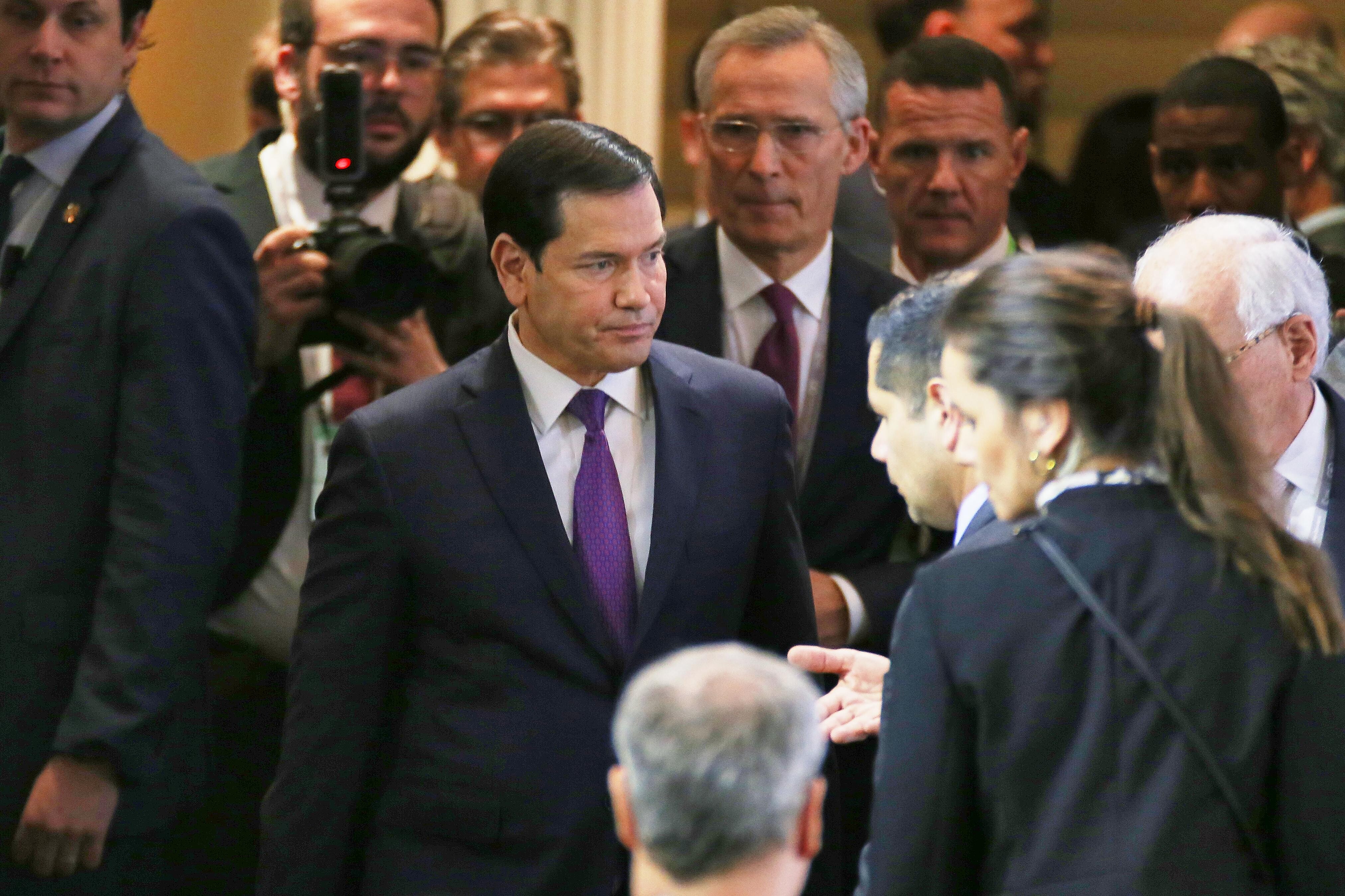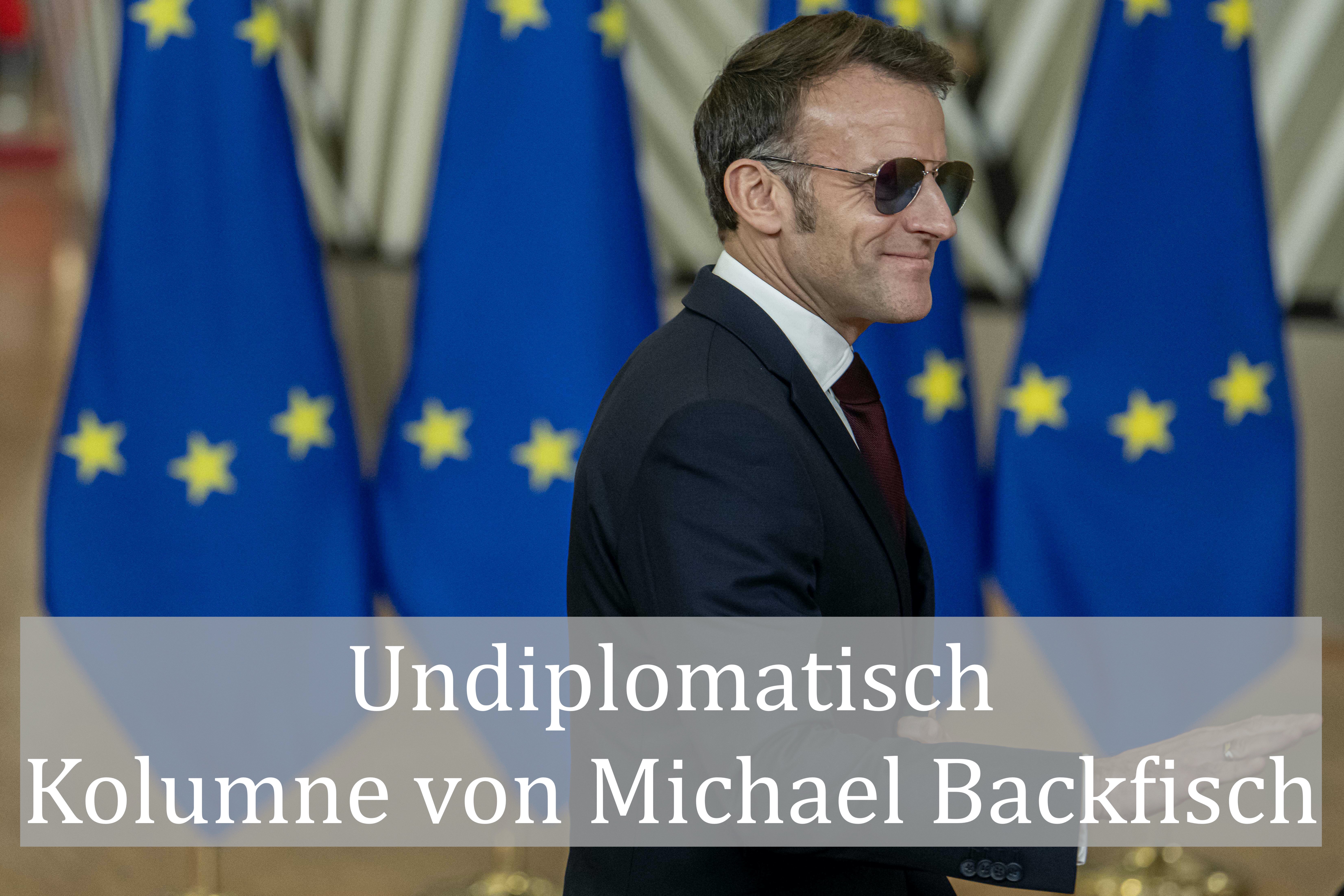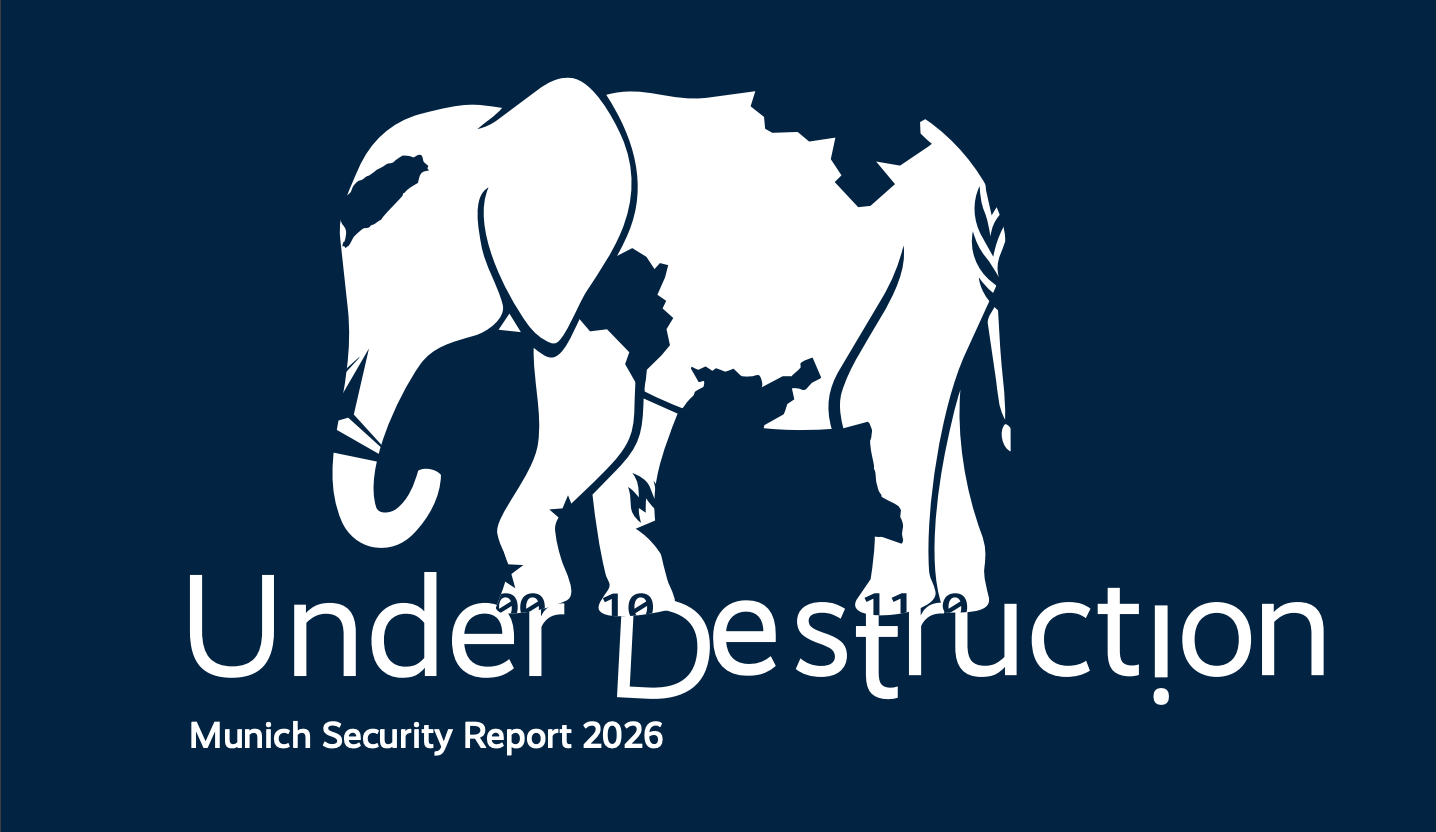diplo.news
The dream of digital sovereignty
Column by Ewald König

Things are gradually getting serious for diplomats too: When current ambassadors began their training, they would not have dreamed that one day they would be confronted with digital diplomacy and cyber diplomacy. But now the time has come. These topics are no longer the domain of computer nerds; digital sovereignty is no longer just a technical issue.
Diplomats are also challenged. Digital sovereignty has strategic and diplomatic significance and combines foreign policy, technology policy and value-based diplomacy.
Europe is trying — almost too late! — to develop common European standards and find a way between US digital dominance and the Chinese state model.
It's just like soccer. Some score goals, others know the rules better. Even in the digital world: Americans and Chinese dominate the market, are leaders in tech companies and key technologies, digital platforms and semiconductor production; Europeans have better regulations on data protection, cybersecurity and fair rules on the Internet, but are dependent and not sovereign.
Europe wants to create an independent, secure and transparent cloud infrastructure and reduce digital dependence on US or Chinese providers — at least to some extent.
Because dependency is frightening. A country that stores all its administrative data, including highly sensitive ones, on servers owned by a US company has too little digital sovereignty. It barely has any control over its own data. It is dependent on foreign technology and jurisdiction. It is monitored and makes itself economically dependent on others. It is not self-determined.
Germany and Austria have now also woken up at government level. The new federal government in Berlin founded the Ministry of Digital Affairs a few weeks ago and commissioned a top manager, Karsten Widlberger, to set it up. Just as an aside: it is a rare experiment to appoint someone with specialist expertise as head of department rather than someone with mere political talent. The federal government in Vienna also made digital a top priority a few months ago, although not with its own ministry. The Austrian Digital State Secretary, Alexander Pröll, is based directly in the Federal Chancellery.
You can guess what problems the two may have with other departments. On the one hand, a new government office generally creates high expectations that are likely to be difficult to satisfy. On the other hand, other departments do not want to be talked into or relinquish competencies. This alone requires a high level of - analogue - diplomatic skill.
Wildberger and Pröll met in Berlin this week to exchange ideas. Both agree to make Europe's digital sovereignty the focus of their work. “We must be the master of our own data,” said Pröll after talking to Wildberger. “It is important to think in a European way and act nationally.” Their core message: Digital sovereignty is the basis for political action. It is about maintaining data sovereignty, control over storage, processing and access, less dependence on global players and setting common standards in Europe.
When Austria comes to the TTE Council in September (=Transport, telecommunications and energy) invites you to Vienna, a binding EU Charter of Digital Sovereignty is to be drawn up. The aim is a common European line, but without giving up national freedom of choice.
Even for diplomacy, this is not an issue of the future, but a current issue. Not only in foreign policy, but also at the level of consulates and visa issuance. Exciting teaching material for all diplomatic academies, so that digital is not new territory for future ambassadors.




